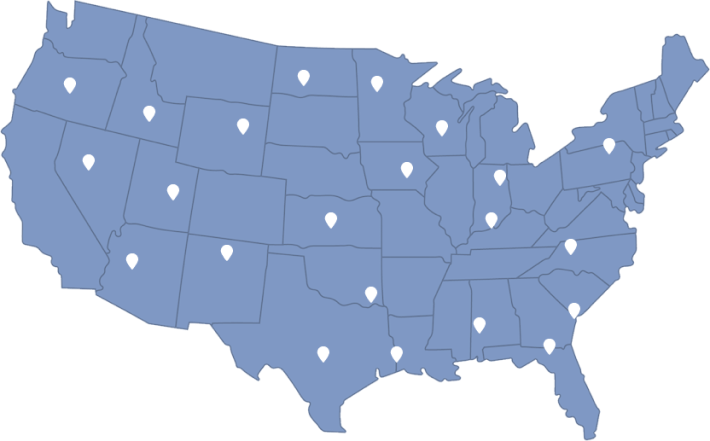It’s any intentional harm to nursing home residents. And it happens more than you’d think.
Every year, 2 in 3 nursing home staff admit to abusing residents.
That’s not a typo. And it’s not okay.
It’s any intentional harm to nursing home residents. And it happens more than you’d think.
Every year, 2 in 3 nursing home staff admit to abusing residents.
That’s not a typo. And it’s not okay.
But here’s what’s worse:Most families don’t recognize abuse until it’s too late.
Why? Because abuse isn’t always obvious.
Sometimes it’s subtle. Sometimes it’s hidden.
But it’s always devastating.
Your loved one might be suffering if you notice:


15-minute call
Clear answers
Free guidance
Stop the abuse
Build your case
Keep you informed
Proper care restored
Facility held accountable
Family compensated

Understanding why abuse happens helps stop it:
But here's the truth:
None of these excuse abuse.
None of these make it okay.
And none of these mean you have to accept it.
Don't wait for "more proof."
Don't hope it gets better.
Don't let fear stop you from acting.
Your loved one needs you to act now.
Each type requires different action:
Elder abuse extends beyond nursing homes. It happens everywhere:




We've helped thousands of families:
Dedicated legal advocates protecting your loved ones nationwide. When nursing homes break their promise of care, our experienced attorneys fight for the justice your family deserves.

Look for warning signs that preceded the death: sudden weight loss, dehydration, unexplained injuries, rapid decline in health, missed medications, or changes in behavior. Review medical records for proper care protocols, timely responses to health changes, and appropriate interventions. Consider if proper supervision was maintained and whether staff followed care plans. Signs of preventable death often include lack of documentation, delayed medical attention, or failure to transfer to emergency care when needed.
Document everything systematically:
Yes, you can sue a nursing home for bedsores, particularly if they developed due to negligent care. Advanced bedsores (Stage 3 or 4) are considered “never events” that shouldn’t occur with proper care. Your case would need to demonstrate that the facility failed to:
Statutes of limitations vary by state and type of claim. Generally, you have between 1 year from the discovery of abuse or injury to file a lawsuit. However, some states have specific requirements for nursing home cases. It’s crucial to consult with a nursing home abuse lawyer promptly to understand your specific deadlines, as waiting too long can permanently bar your claim.
After reporting abuse:
Most nursing home abuse attorneys work on a contingency fee basis, meaning they only get paid if you win your case. The fee is typically a percentage of the settlement or verdict. Initial consultations are usually free. Some attorneys may also advance the costs of investigation and litigation, recovering these expenses only if the case is successful.
Yes, you can move your loved one to a different facility during a lawsuit. In fact, if abuse is ongoing, it’s often advisable to ensure their safety. The lawsuit can continue regardless of where they reside. However, document all conditions before the move and ensure proper transfer of medical records. The move should be handled professionally to avoid claims of disrupting care.
Look for an attorney who: